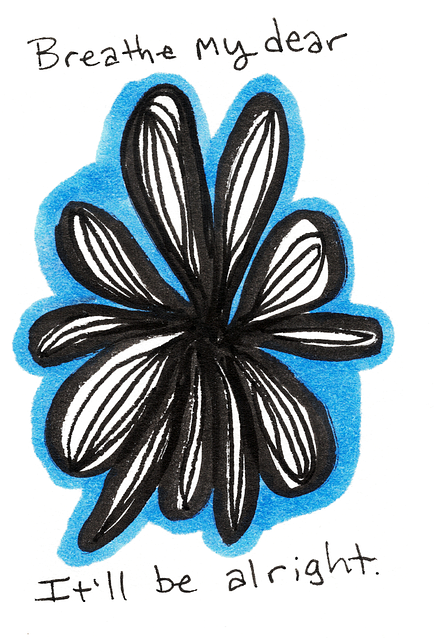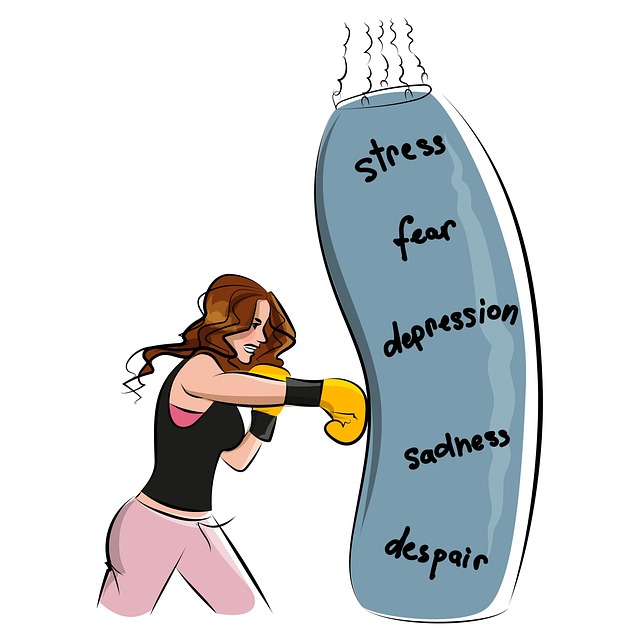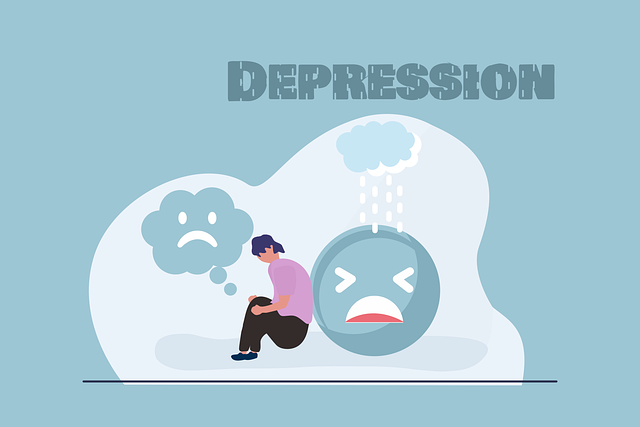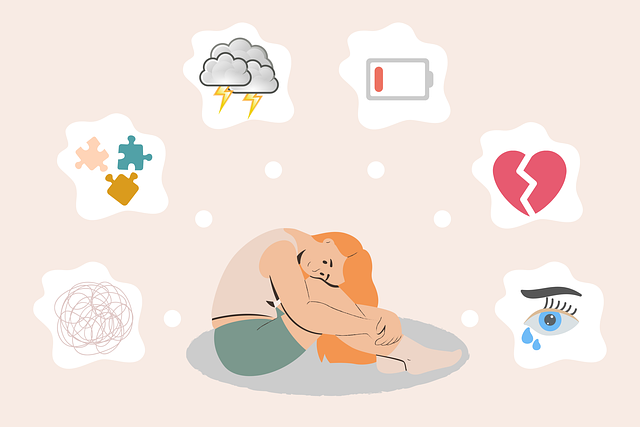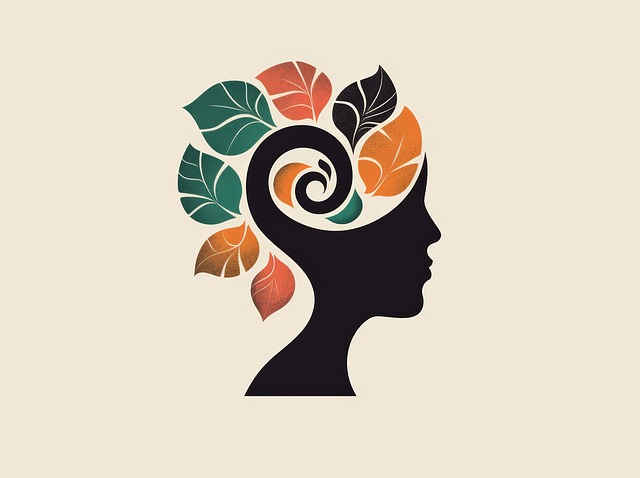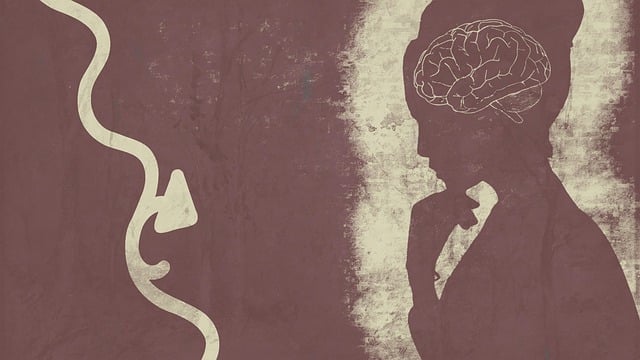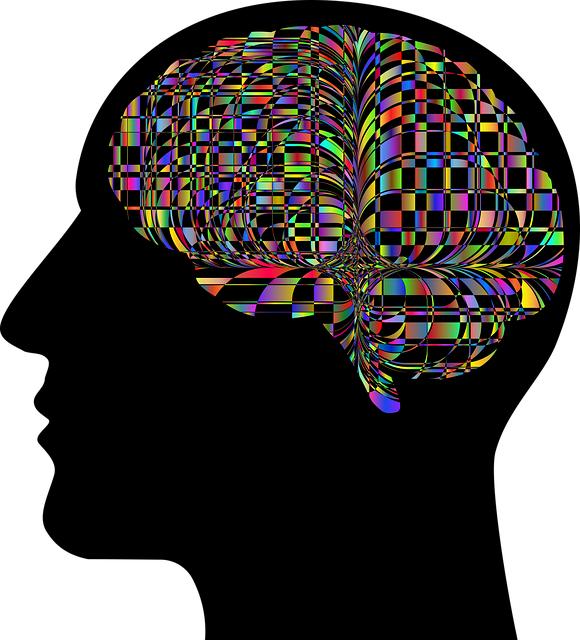Cultural competency in healthcare is crucial for effective therapy in anger management for adolescent teens, addressing diverse cultural beliefs and practices that influence emotional expression and coping mechanisms. Therapists must adapt their approach to create a safe space where teens feel understood and heard, integrating cultural elements into sessions. Integrating cultural competency into mental health policy analysis and advocacy improves access to services and outcomes. Training equips healthcare providers with tools for effective communication, understanding diverse backgrounds, and tailoring interventions, fostering an inclusive environment that reduces barriers to care. Evaluating these programs through surveys, interviews, and behavioral observations measures improvements in teens' perceptions of care and engagement, demonstrating the tangible benefits of culturally competent care.
Cultural competency training is transforming healthcare, especially in areas like therapy for adolescent teens’ anger management. This essential guide explores the profound impact of understanding diverse youth and family dynamics on effective care delivery. We delve into identifying cultural barriers, evidence-based training strategies, and real-world case studies showcasing successful cultural competent practices. By measuring program impacts, we highlight the effectiveness of these initiatives in enhancing therapeutic outcomes for all patients.
- Understanding Cultural Competency in Healthcare: Why It Matters for Teen Anger Management Therapy
- Identifying Cultural Barriers: Recognizing Diverse Youth and Family Dynamics
- Training Strategies: Equipping Providers with Tools for Effective Communication
- Case Studies: Real-World Examples of Successful Cultural Competent Care Delivery
- Measuring Impact: Evaluating the Effectiveness of Cultural Competency Programs in Adolescent Anger Management Therapy
Understanding Cultural Competency in Healthcare: Why It Matters for Teen Anger Management Therapy

Cultural competency in healthcare is a vital aspect that significantly impacts the effectiveness of therapy for adolescent teens anger management. It involves understanding and respecting diverse cultural beliefs, values, and practices within different communities. In the context of anger management among teens, this means recognizing that every teen’s experience is shaped by their unique cultural background, which can influence their emotional expression, family dynamics, and coping mechanisms.
For example, what may be considered an acceptable outlet for anger in one culture might be perceived as disruptive or even aggressive in another. A culturally competent therapist will adapt their approach to ensure the teen feels heard and understood while learning healthy mood management techniques. This can also extend to incorporating cultural elements into therapy sessions, such as traditional practices or rituals, to foster a safe and supportive environment for self-care routine development for better mental health. In light of these considerations, integrating cultural competency into healthcare training, especially in Mental Health Policy Analysis and Advocacy, is crucial for improving access and outcomes in teen anger management services.
Identifying Cultural Barriers: Recognizing Diverse Youth and Family Dynamics

Identifying cultural barriers is a vital step in providing effective healthcare to adolescent teens, especially when addressing issues like anger management. In today’s diverse society, therapists and healthcare providers must recognize that every family operates within a unique cultural framework. These frameworks influence communication styles, decision-making processes, and perceptions of mental health and therapy. For instance, some cultures may view direct confrontation or anger expression as unacceptable, while others encourage open discussion. Understanding these dynamics is crucial when tailoring therapy for adolescent teens to ensure their comfort and engagement in the healing process.
Mental health policy analysis and advocacy play a significant role in uncovering and addressing these cultural barriers. By studying community dynamics and mental health awareness within various populations, advocates can push for policies that support culturally competent care. This includes promoting conflict resolution techniques sensitive to different cultural backgrounds, ensuring access to therapists who understand the nuances of diverse youth and family interactions, and fostering environments where all teens feel heard and respected during their journey towards managing anger and improving mental well-being.
Training Strategies: Equipping Providers with Tools for Effective Communication

Effective communication is a cornerstone of quality healthcare, especially when addressing sensitive topics like anger management in adolescent teens. Training strategies for cultural competency should equip providers with tools to navigate diverse patient backgrounds and needs. This involves learning active listening skills, understanding non-verbal cues, and tailoring communication approaches to different cultures and communities. By fostering open dialogue and creating safe spaces, mental health professionals can better assess risk factors, such as those involved in burnout prevention, and implement tailored interventions for emotional regulation.
Incorporating evidence-based practices like therapy for adolescent teens into the training curriculum ensures that providers are prepared to handle complex cases with empathy and cultural sensitivity. This comprehensive approach not only enhances patient outcomes but also promotes a more inclusive healthcare environment where mental health professionals can effectively support individuals from various backgrounds, reducing potential barriers to care.
Case Studies: Real-World Examples of Successful Cultural Competent Care Delivery

In recent years, healthcare providers have increasingly recognized the importance of cultural competency training to deliver effective care to a diverse patient population. Case studies from various settings offer compelling examples of how this approach translates into improved outcomes. For instance, a mental wellness podcast series production aimed at adolescent teens has been instrumental in promoting mental health awareness and providing anger management therapy for a demographic often overlooked. The program’s success lies in its ability to engage teens through innovative media, addressing cultural barriers that might otherwise hinder access to care.
Another notable case involves a healthcare organization that implemented specific training modules focused on burnout prevention among their staff. By fostering cultural competency, the facility created an environment where employees felt equipped to handle the unique needs of diverse patients, thereby reducing stress and enhancing overall mental wellness. This initiative not only improved patient satisfaction but also led to lower turnover rates among healthcare professionals, demonstrating the far-reaching benefits of culturally competent care delivery.
Measuring Impact: Evaluating the Effectiveness of Cultural Competency Programs in Adolescent Anger Management Therapy

Evaluating the effectiveness of cultural competency programs is a crucial step in understanding their impact on therapeutic outcomes for adolescent anger management. Research methods, including surveys, interviews, and behavioral observations, can be employed to assess changes in both adolescents’ perceptions of care and their actual treatment engagement.
By measuring improvements in self-esteem and mindfulness meditation practices alongside traditional anger management skills, professionals gain a comprehensive view of the program’s success. These assessments help identify areas where cultural competency training for healthcare providers, particularly those specializing in therapy for adolescent teens with anger issues, is making a tangible difference. This knowledge guides continuous improvement efforts to ensure optimal support for young people navigating both anger and identity development during this critical phase of their lives.
Cultural competency training is a game-changer in healthcare, especially for providing effective therapy for adolescent teens’ anger management. By understanding diverse youth and family dynamics, healthcare providers can overcome barriers and deliver culturally competent care. Through specific training strategies and case studies demonstrating real-world success, it’s evident that these programs have a profound impact on improving outcomes for all involved. Investing in cultural competency education is essential to ensuring equitable access to quality anger management therapy for teens from various backgrounds.
